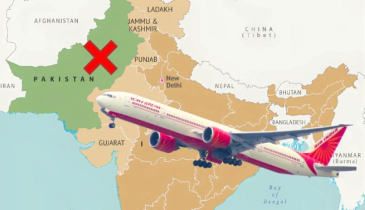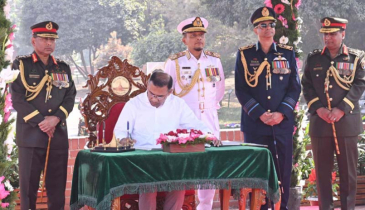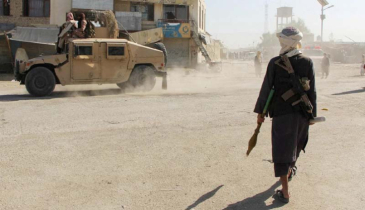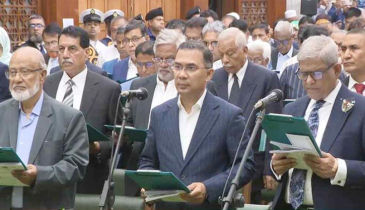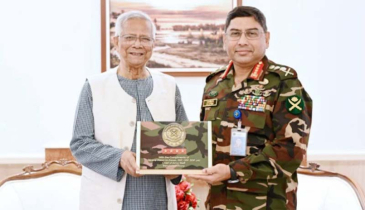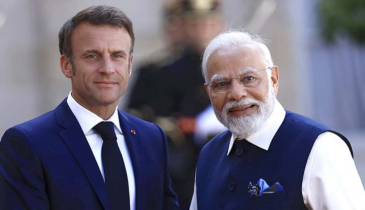Pakistan-Afghanistan agree to immediate ceasefire after Doha talks
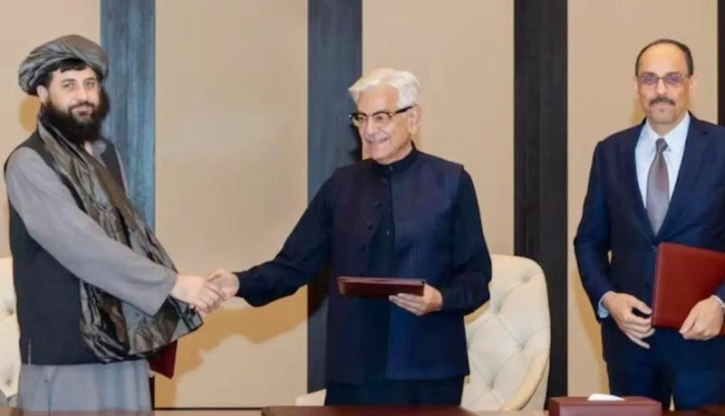
Pakistan and Afghanistan have reached an agreement on an immediate ceasefire, following marathon negotiations held in Doha, Qatar, and mediated jointly by Qatar and Turkey, according to a statement released early Sunday by Qatar’s Foreign Ministry.
The breakthrough comes after a week of intense cross-border fighting that left dozens dead and hundreds injured, marking the worst escalation between the two neighbors since the Taliban’s takeover of Afghanistan in 2021
Qatar’s foreign ministry said the two sides agreed not only to halt hostilities but also to establish a joint monitoring mechanism to verify and sustain the truce “in a reliable and enduring manner.” Follow-up meetings are scheduled in the coming days to ensure full compliance with the agreement and to discuss long-term confidence-building measures along the tense frontier.
Talks in Doha and Mediator Roles
The Doha negotiations, which stretched late into Saturday, brought together Afghan Defense Minister Mullah Muhammad Yaqoob Mujahid and Pakistan’s Defense Minister Khawaja Muhammad Asif, with diplomats from Qatar and Turkey facilitating dialogue.
Zabihullah Mujahid, spokesperson for the Taliban-led Afghan government, confirmed the talks, saying the Kabul delegation “engaged in frank and constructive discussions” to de-escalate tensions. Pakistan’s Foreign Office said the dialogue focused on “ending cross-border terrorism against Pakistan originating from Afghan soil and restoring peace and stability along the shared border.”
The Qatari and Turkish mediators were praised by both sides for their efforts to broker the ceasefire amid rising fears of a wider regional conflict. The talks are expected to continue through the week, with a possible joint border security framework under discussion.
Escalation Along the Durand Line
The clashes erupted earlier this month along the Durand Line, a 2,600-kilometer (1,600-mile) disputed frontier, after Islamabad accused the Taliban government of harboring Tehreek-e-Taliban Pakistan (TTP) militants responsible for a wave of deadly attacks in Pakistan’s northwestern Khyber Pakhtunkhwa province.
Pakistan carried out airstrikes targeting suspected militant hideouts inside Afghan territory, prompting retaliatory fire from Afghan border troops. The violence displaced hundreds of civilians on both sides and forced Pakistan to temporarily close major border crossings, including Torkham and Chaman, halting trade and stranding thousands of travelers and trucks.
On Friday, a suicide bombing near the border killed seven Pakistani soldiers and injured 13 others, further heightening tensions. Addressing a cadet graduation ceremony a day later, Pakistan’s Army Chief Field Marshal Asim Munir warned that the Afghan regime “must rein in the proxies using Afghan soil to conduct heinous attacks inside Pakistan.”
Mutual Accusations and Diplomatic Challenges
Kabul, however, rejected Islamabad’s allegations, with the Taliban administration insisting it does not provide safe haven to militants targeting Pakistan. Taliban officials accused Pakistan’s military of “spreading misinformation” and of allowing Islamic State (ISIS-K) elements to operate within its borders “to destabilize Afghanistan.”
The recent surge in violence underscores the collapse of trust between the two countries, which once shared close ties during the Taliban’s insurgency against U.S.-backed Afghan forces. Analysts say that both sides now face pressure to curb further escalation that could destabilize the wider South and Central Asian region.
Regional observers note that the Doha ceasefire represents a critical diplomatic test for the Taliban government’s ability to act as a responsible regional actor — and for Pakistan’s capacity to manage its own internal security crisis, amid mounting attacks claimed by TTP and ISIS affiliates.
Humanitarian and Economic Fallout
The conflict has also deepened the humanitarian strain along the border, where thousands of Afghan refugees remain stranded after Pakistan’s decision to expel undocumented migrants, most of whom fled after the Taliban takeover. Trade disruptions have affected food supplies and fuel shipments, worsening the already fragile economic conditions in both countries.
While Sunday’s ceasefire offers a temporary reprieve, observers caution that lasting peace will depend on concrete steps to tackle cross-border militancy and rebuild political trust — a challenge that has eluded both Islamabad and Kabul for decades.
.png)


